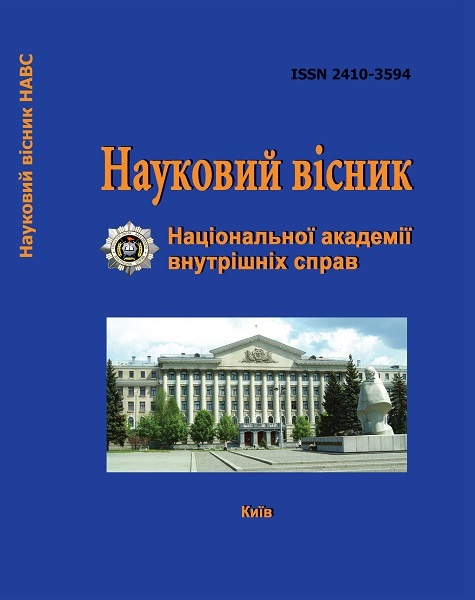Cryptocurrency Legal Regulation: EU Experience
Abstract
The development and using of innovative technologies of payments in the European Union, namely cryptocurrency, have been explored. Innovative technologies and virtual communities contribute to the creation of new types of cryptocurrencies, transactions with them, etc., beyond the current state of economic knowledge and existing legal solutions. Cryptocurrency as a completely innovative payment tool in the modern conditions of computer technology development is rapidly integrated into an everyday life of people, therefore the issue of development and using of this payment instrument in the EU becomes of special importance. In this article the focus is on the bitcoin – the most common modern digital currency. It is argued that cryptocurrency (information-money symbols) is an attribute of the global matrix of information age. The article analyzes the legal regulation of cryptocurrency circulation in EU countries and the problems of cryptocurrency using in international finance. The process of cryptocurrency implementation in the financial sphere of the member states of the European Union has been analyzed. Based on the results of the European practice research of the functioning of the cryptocurrency system, the advantages and disadvantages of using bitcoin as a financial instrument and innovative payment tool in the world economy are determined. The proposals on the regulation of the cryptocurrency market and its operations on the European level are provided.
Downloads
Abstract views: 305 PDF Downloads: 1017
- Authors reserve the right to authorship of their own work and transfer to the magazine the right of the first publication of this work under the terms of the Creative Commons Attribution License, which allows other persons to freely distribute published work with mandatory reference to authors of the original work and the first publication of an article in this magazine.
- Authors have the right to enter into separate additional agreements on non-exclusive dissemination of the work in the form in which it was published in the journal (for example, to post an article in the institution's repository or to publish as part of a monograph), provided that the link to the first publication of the work in this journal is maintained.
- The journal's policy allows and encourages the posting of articles by authors on the Internet (for example, in electronic storehouses of institutions or on personal websites), both before the submission of this manuscript to the editorial office and during its editorial processing, as this contributes to the creation of a productive scientific discussion and positively affects the efficiency and dynamics of citing the published work.




